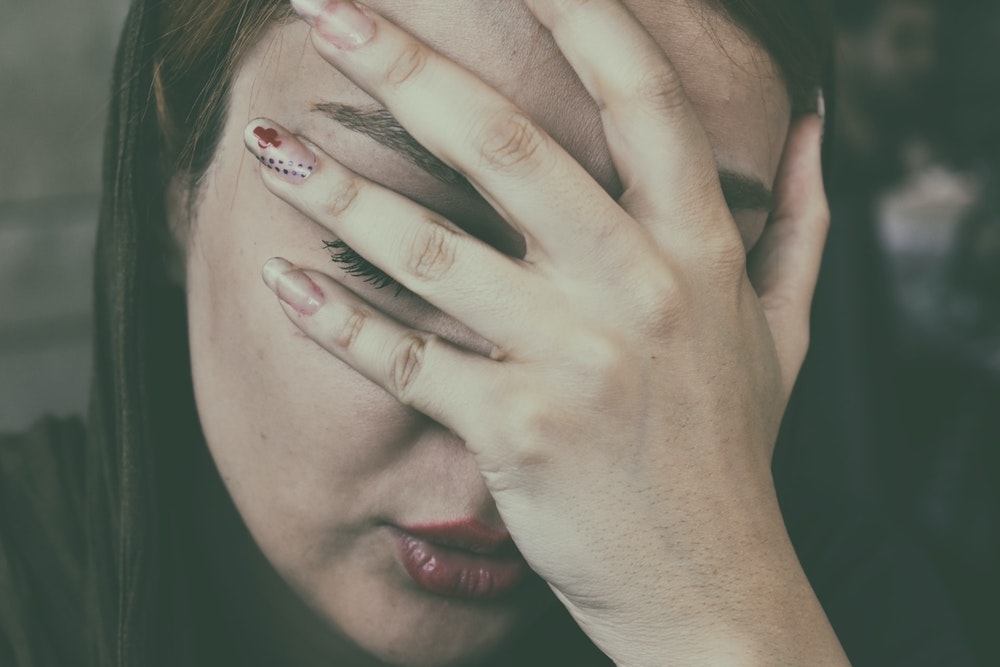Do You Suffer from “Shame Shudder”?
You’re walking down the street, feeling great; the sun is shining, life is good. Suddenly, you recall something regretful you did.
A jab of shame stabs at you; you shake your head and shudder in disbelief.
“Why did that just happen? I was having such a good day!”
You try to push the feeling away. You tell yourself: “Take a few deep breaths. It was a mistake. It’s in the past. Relax.”
Slowly, after much mental effort, you start to recover your good mood.

Photo by Mehrpouya H on Unsplash
What is a shame shudder?
Though not a clinical term, many psychotherapy patients report feeling sudden bouts of shame that appear out of nowhere. Shame shudders, sometimes called “shame attacks,” can occur randomly and without any clear trigger. Prompted by the sudden recall of a painful memory, the regret attached to the event activates shame. (See “Breaking Free of Self-Shame”)
Unlike intrusive thoughts, a well-document psychological phenomenon that can spring from fantasies or fears, shame shudders originate from regretful moments in your life. The emotional distress from intrusive thoughts and shame shudders is the same: intense feelings of disgust and discomfort.
3 Potential Causes of Shame Shudder
Why dredge up shame to ruin your day? The three most common causes of shame shudders are:
1. Unresolved guilt
To err is human, to forgive is divine. We all make mistakes or have regrets. Maybe you said or did something hurtful to someone you care about. Chances are you haven’t forgiven yourself or made amends, so the shame attached to the event remains unresolved.
2. Emotional wounds
When hurt is inflicted on you by someone else, it’s difficult to resolve, particularly if you no longer have contact with that person. For example, if you were betrayed by someone close to you, chances are you feel ashamed for trusting that person. In such cases, you may wish you handled the situation better and affix shame to it. (See “7 Hurts That Never Heal”)
3. Childhood trauma
Unresolved childhood traumas can shape and haunt us with regret. Many adults still feel shamed when they recall harmful events from their childhood, even though it’s likely they were too young to respond differently.
How to reduce shame shudder
To lessen shame shudders, consider the following:
- Forgive yourself: Acknowledge the painful event and absolve yourself. Chances are you aren’t the same person you were back then. Meditation or spiritual practices can be particularly effective in helping with self-forgiveness.
- Make amends: Apologizing can offer relief and resolve old regrets. If the person you hurt isn’t available, try writing them a letter. Even if you don’t send it, the experience of writing it will offer some relief.
- Push back against shame: When shame shudders occur, push back. Tell yourself, “That was in the past.” A short phrase or word will do. One woman who experiences shame shudders once told me that she says out loud, “Enough!” and chases the shame away.

